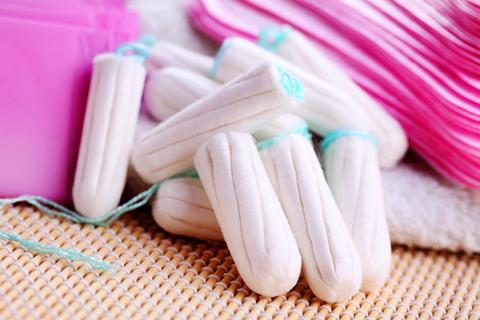
Recent headlines revealing the presence of toxic pesticides and heavy metals in mainstream tampons have sparked a long-overdue conversation around the safety of everyday personal care products.
According to reports, some tampons contained glyphosate at levels 40 times higher than the legal limit for drinking water, while others tested positive for traces of arsenic and lead. These substances – linked to cancer and serious health risks – are particularly dangerous when absorbed vaginally, as they bypass the body’s natural detox systems and enter the bloodstream directly.
It’s not just alarming. It’s systemic. And it raises a pressing question: how did we allow this to become normal?
Alternative materials
The answer, in part, lies in the status quo of supply chains. For decades, supermarket shelves have been dominated by a small group of multinational brands – built for mass production, not necessarily for safety or sustainability.
Cotton, the go-to fibre in many tampons, is one of the most pesticide-intensive crops on the planet. But because it’s familiar, it’s remained the default, despite growing concerns about both its environmental footprint and potential health risks.
Thankfully, change is coming – from the outside in.
Challenger brands are stepping up with safer, smarter alternatives, using materials like bamboo, hemp, and organic cotton. These brands may not have the ad budgets of the big players, but many are earning trust through transparency, rigorous testing, and a genuine commitment to human health and sustainability.
Retailer responsibility
This is where retail has both an opportunity and a responsibility. Giving shelf space to challenger brands isn’t just good for innovation, it’s a statement of intent. It says that women’s health matters; that sustainable sourcing matters; that supermarkets can be more than passive suppliers, they can be gatekeepers of public wellbeing.
The truth is many of the most meaningful advances in personal care aren’t coming from industry giants. They’re coming from the brands who were founded precisely because the status quo wasn’t good enough.
This is a moment for supermarkets to lead – not just in the fight for cleaner products, but in showing customers their health and values are being heard.
Women deserve better. And so does the planet.
Julie Chen, co-founder of The Cheeky Panda

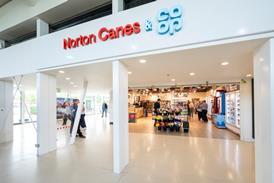
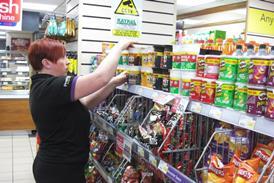

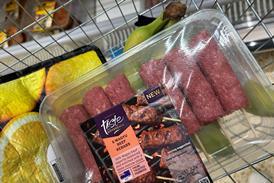
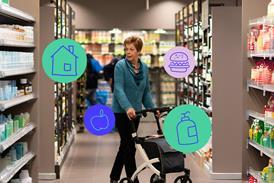
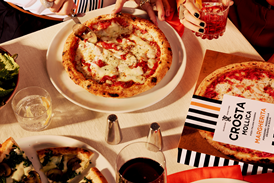


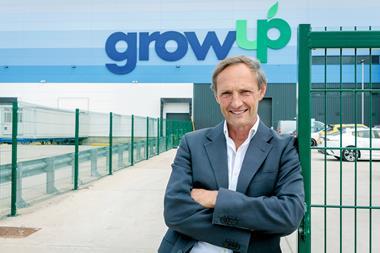

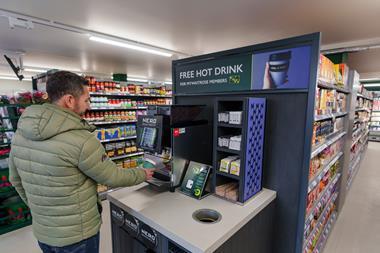
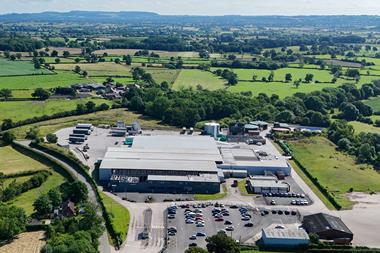


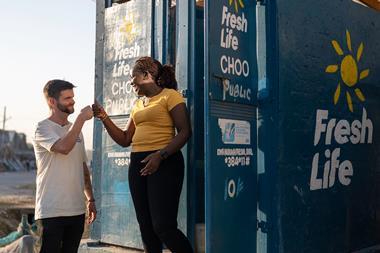

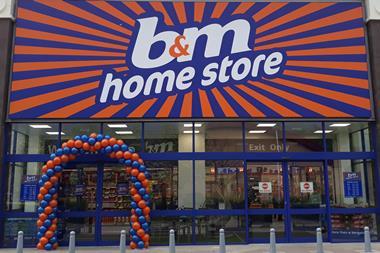
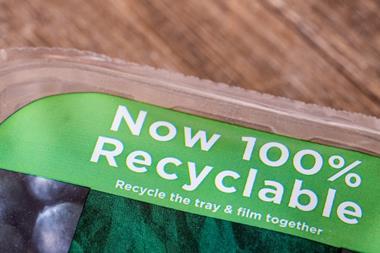
No comments yet